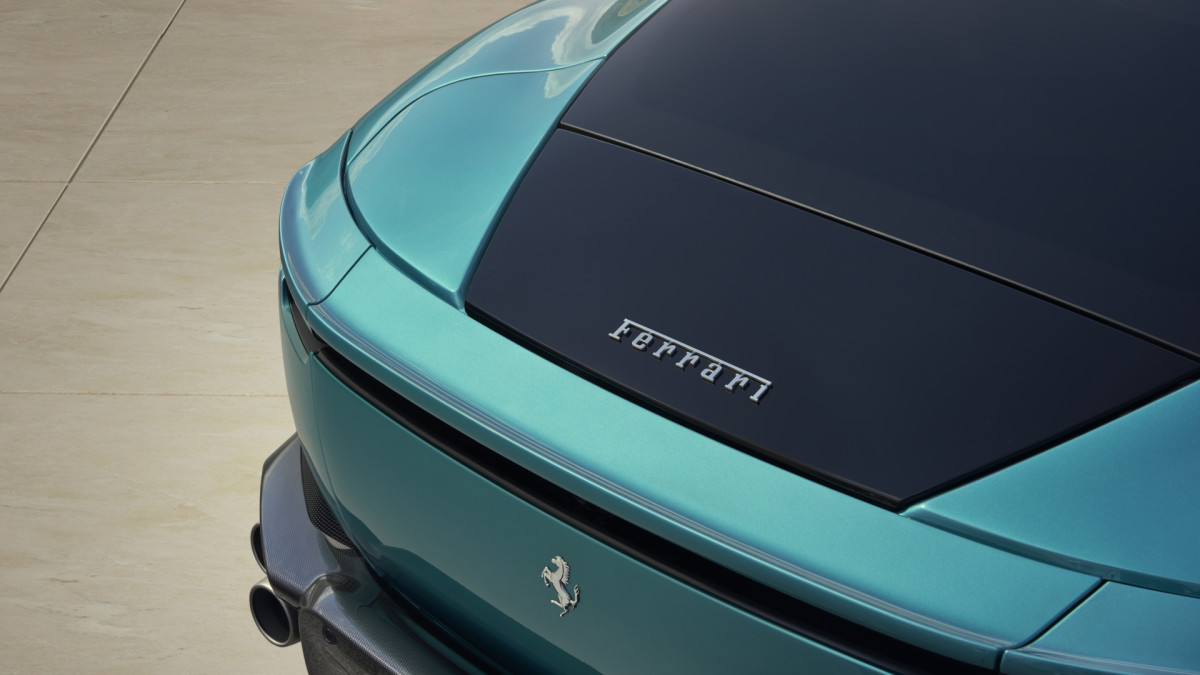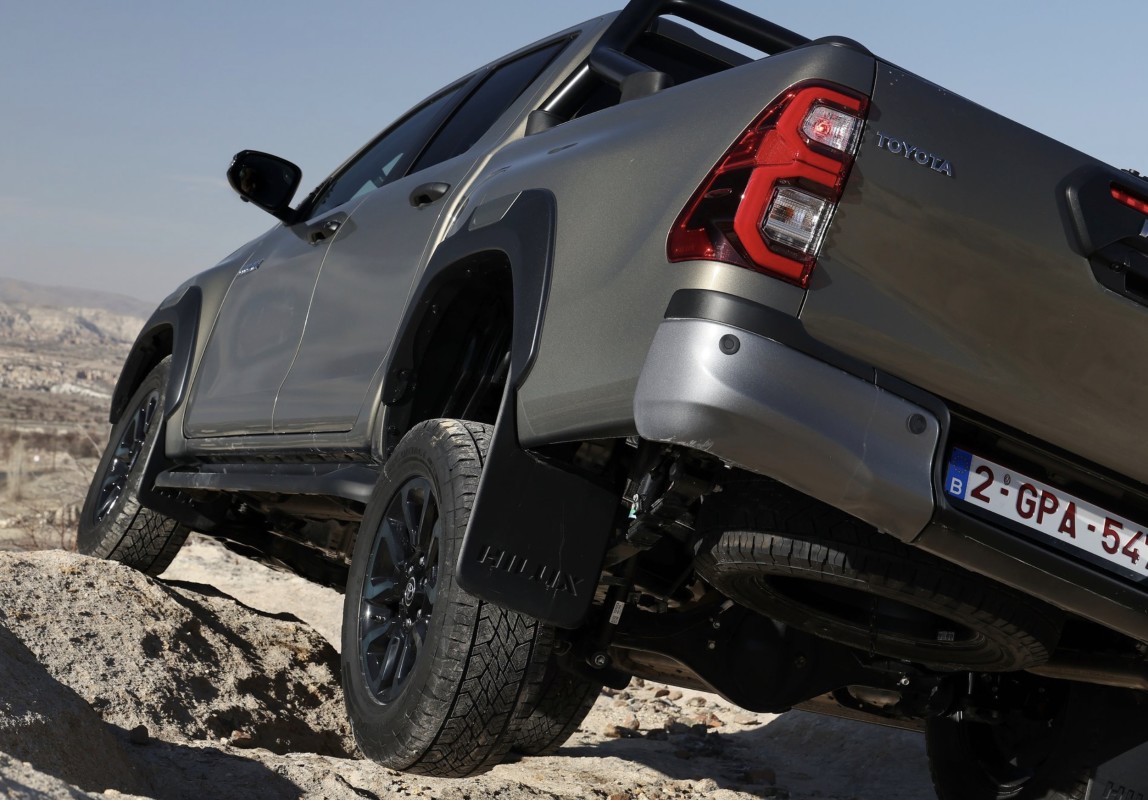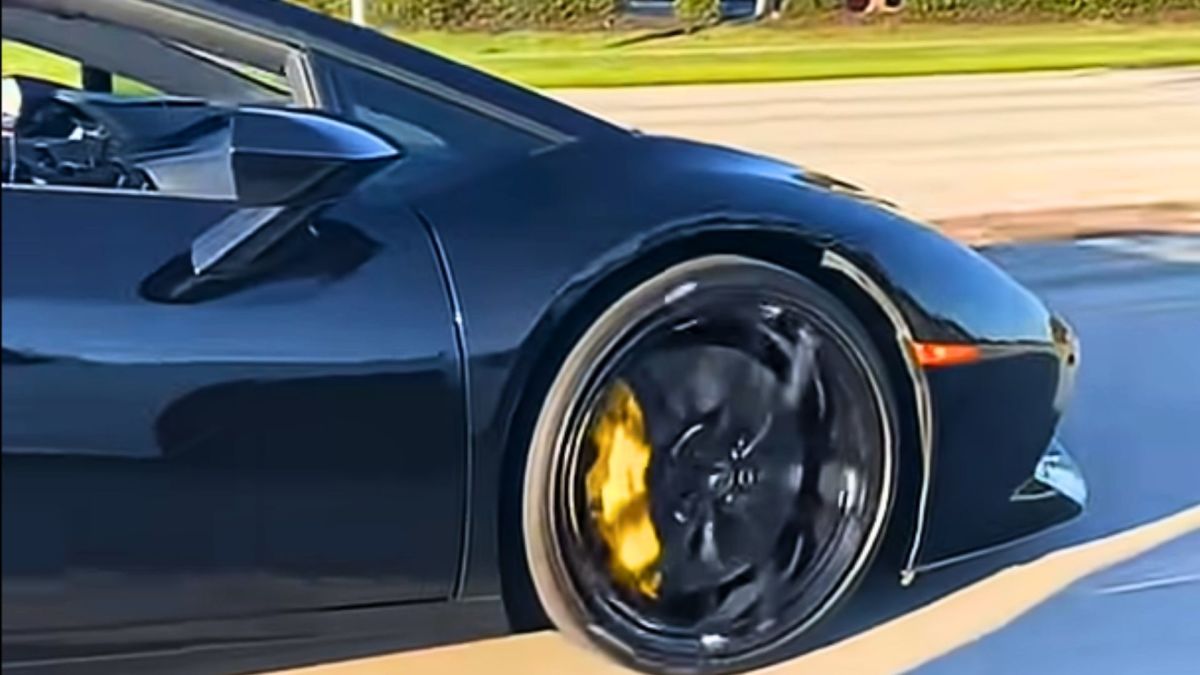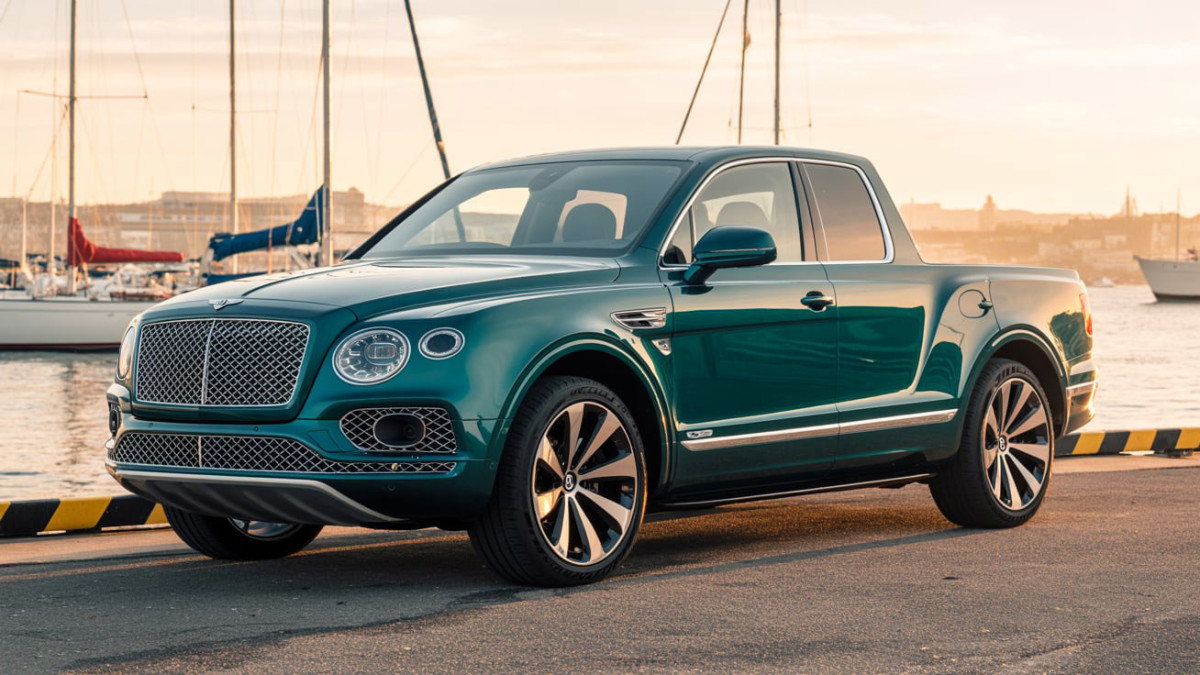Federal Tax Credits Have Ended - We're About To See The Real Market For EVs
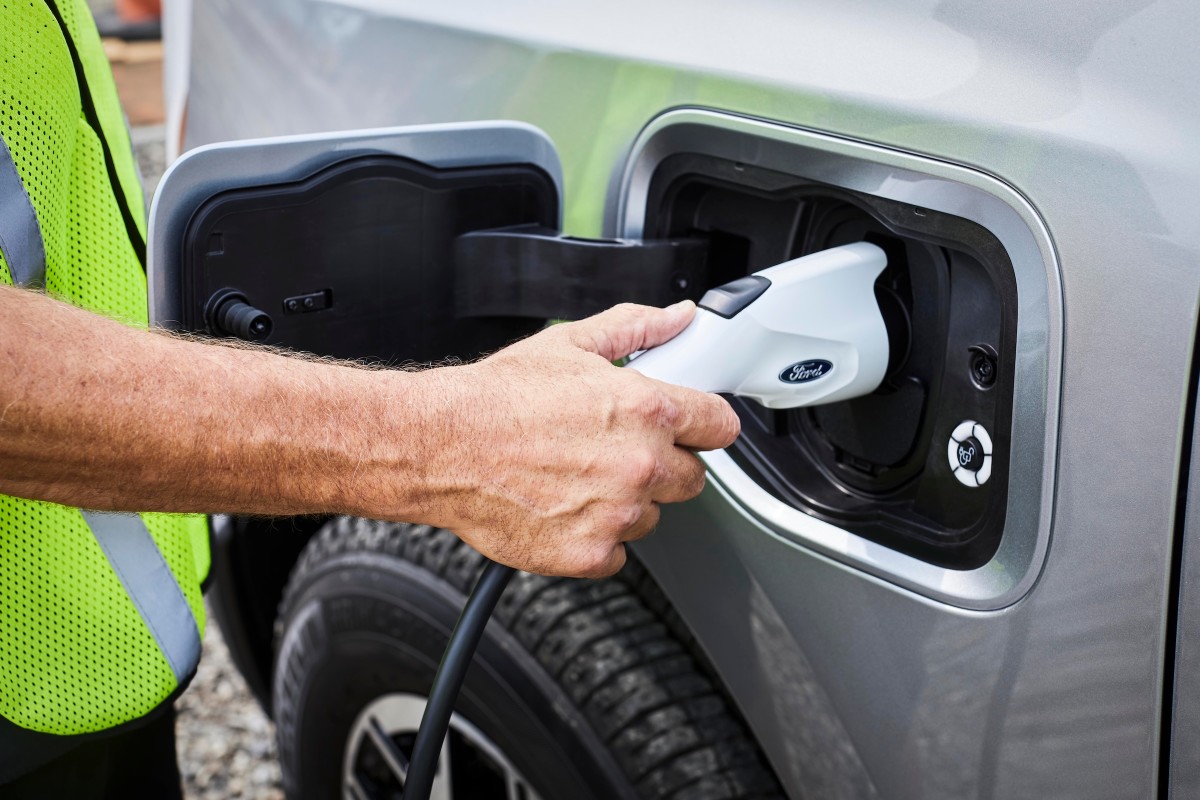
A new look for the market
On September 30, 2025, the federal tax credit for electrified vehicles ended. That means any electric vehicle on the road must have been purchased before September 30 to be eligible for EV tax credits. EV sales skyrocketed in the third quarter of 2025, but automakers remain cautious about electrification, as the real test for EVs is about to begin.
Automakers like Ford, General Motors, and Hyundai all reported record EV sales in Q3. Others, such as Toyota, Honda, and Nissan, also reported a significant increase in sales for electrified vehicles. Now that tax credits have ended, however, many automakers are worried that sales of EVs will plummet.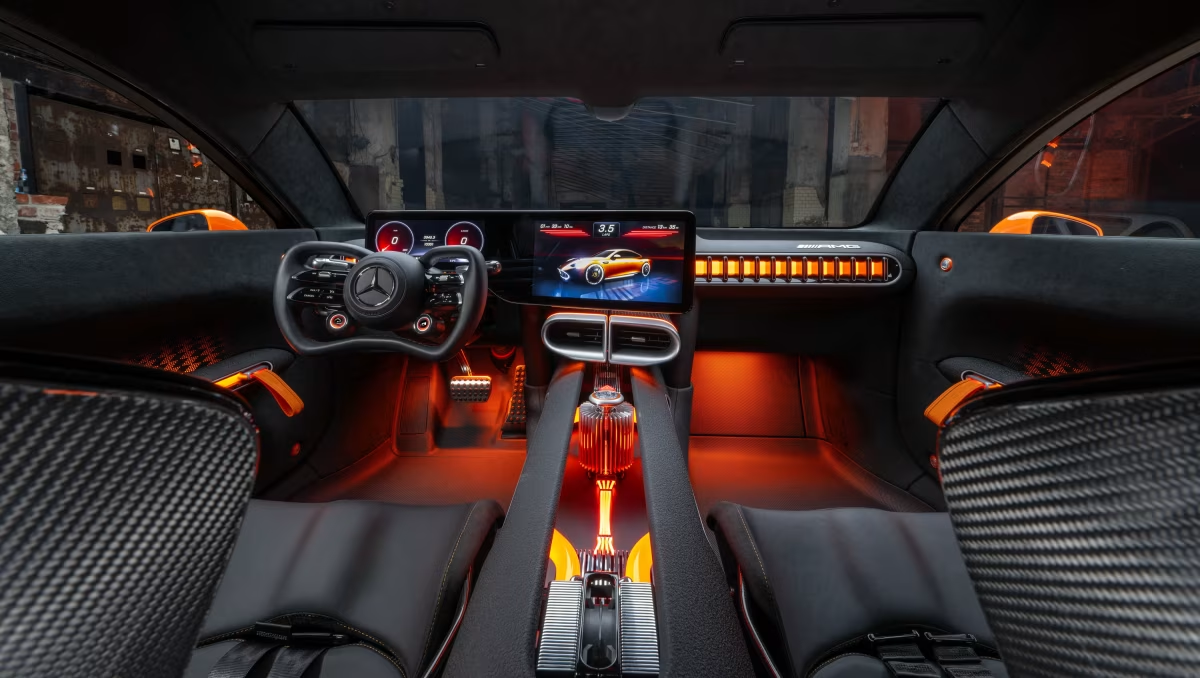
Fears about the EV market landscape are real
Vehicle pricing never retreats, but that’s exactly what Hyundai is planning to do. On Wednesday, Hyundai announced it was slashing the price of its popular Ioniq 5 by up to $9,800 and offering a $7,500 cash incentive on 2025 models to match the expiring tax credit. Randy Parker, CEO of Hyundai Motor America, said, “We’re very bullish when it comes to EV sales in the marketplace. There’s going to be a little bit of a reset in October, probably even November, but the EV market will settle, and at that point, we view this as an opportunity. We’re not backing off.”
Ford CEO Jim Farley thinks the share of EVs in the overall market will drop, possibly by as much as half. He said he “wouldn’t be surprised” if EV market share was around five percent by the end of the year. Currently, EVs account for about 10-12 percent of the overall automotive market share in the United States.
GM and Ford have also introduced their own in-house tax credit buffer. On September 28, both automakers informed dealerships that they would purchase EVs from dealership lots to utilize the expiring tax credit and offer discounted markdown payments on them. Those re-purchased EVs are then meant to be used as lease vehicles, with the $7,500 subsidy factored into lease terms. GM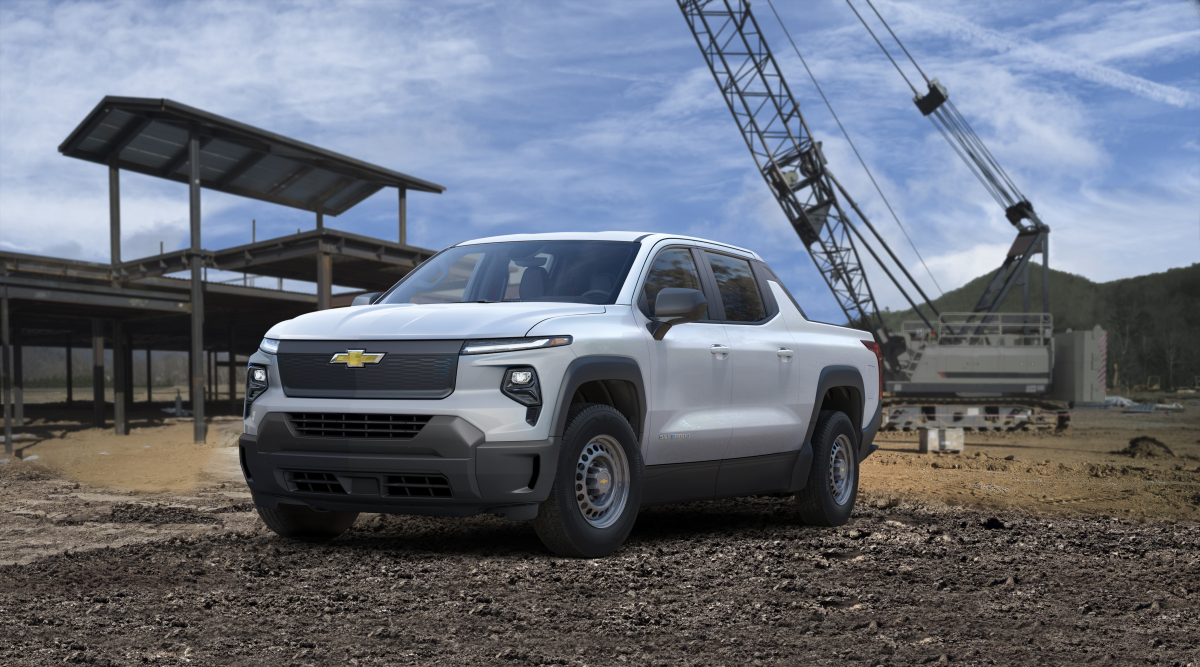
The real test begins
Speaking with The Verge, Ivan Drury, director of insights for Edmunds.com, says, “Without doubt we will see a sales dip, but it won’t fall off a cliff.” Drury also thinks this litmus test for EVs may thin the herd, adding, “We’re going to be filtering out the crowd to see who really makes the best EVs.”
Without tax credits influencing the purchase decision, people will be forced to appreciate an EV on its merits, rather than making concessions because they’re getting a great deal. “We have better EVs today. The batteries aren’t dying,” Drury adds. “But when people see all these two- and three-year-old EVs on lots… they become suspect.”
EVs are at a crossroads, too. Automakers don’t profit from EVs as much as they do from ICE vehicles because the platforms and technology are still in their infancy. Some, like BMW, are also testing alternative powertrains, like hydrogen, in a clever move to have a built-in pivot should EVs not be as popular as we once believed. Getty Images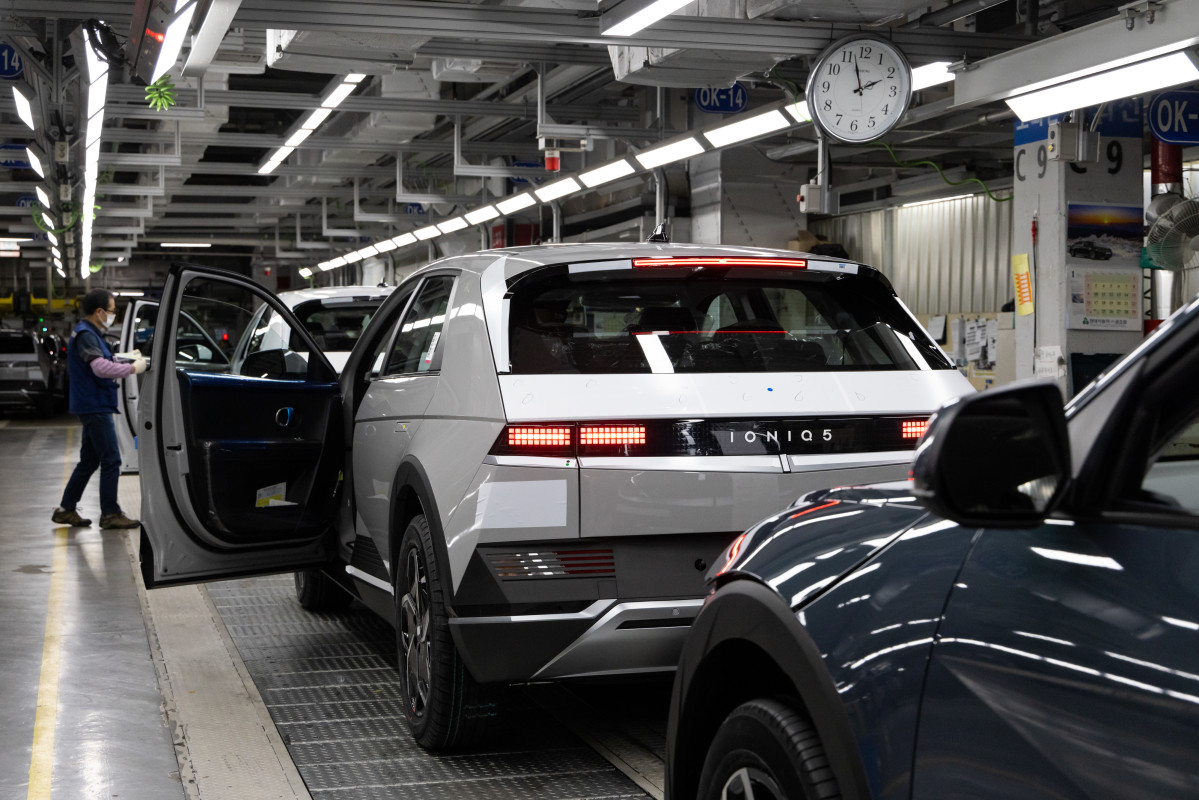
Final thoughts
The end of the federal tax credit isn’t the death knell for electrification, but it’s not progress. Before tax credits expired, Honda canceled the Acura ZDX, and the eagerly anticipated all-electric RAM truck was sidelined before entering production. Volvo’s ES90 was scrapped, too. Other automakers, such as Audi and Porsche, are fully committed to electrifying their lineups.
It’s worth noting that Hyundai is the only automaker with a market share of ten percent or higher that remains bullish on EVs if you count its sister-brand, Kia, in that percentage. The biggest movers remain cautious, which has been the underlying theme of EVs: smaller automakers view this as an opportunity to increase sales and market share with renewed interest in autos on a new electrified playing field. For the small guys, tax credits may be a non-factor or an insurmountable hurdle, but only time will tell.
What's Your Reaction?
 Like
0
Like
0
 Dislike
0
Dislike
0
 Love
0
Love
0
 Funny
0
Funny
0
 Angry
0
Angry
0
 Sad
0
Sad
0
 Wow
0
Wow
0
